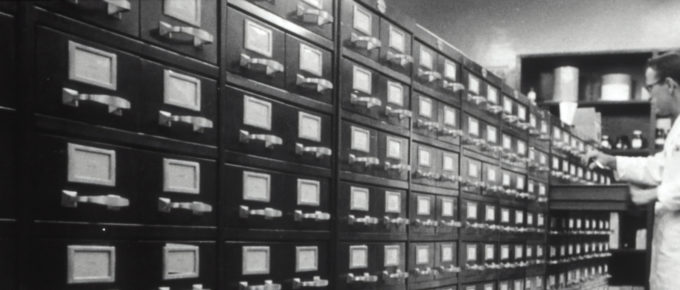What if you never forgot anything? Consider what it would mean to remember every idea you have ever come across, and where it originally came from. Even better, imagine building on that knowledge to identify ideas you want to explore, papers you want to write, research you want to do or projects you want to pursue. Sound far-fetched? Perhaps. But an obscure (to most of us) sociologist named Niklas Luhmann devised a system to support doing exactly this. The essence of the system is absolute simplicity. This isn’t to say that actually building one doesn’t involve some significant complexity and work.
Rethinking, Restructuring and Reflection
Our notes and systems are how we make sense of the world, of ourselves and of our work. For the most part, my note-taking and information retrieval has lurched from project to project. My method of writing has focused on what I need to produce now. I have a method—or at least a notion of an approach—that works for me, despite largely being internal, abstract and fuzzy. Once I know what I am doing, I can usually get it done, and done well. Until then, precious little of value is likely to be produced. I’m coming to terms with the fact that regardless of my track record to date, this might not be the most efficient way of getting things done.
What Are Notes For?
Notes are the ephemera of our lives. Theoretically short-term and transitory, they have become on-going collections of thoughts, scrawls, screeds and snippets of information. By attempting to manage my notes and maintain my records, I’ve gotten good at two dimensions: keeping track of the minutiae of my day, and hoarding the articles, papers and books that I find interesting and meaningful. Where I struggle is in bridging the gap. Notes are about more than just day-to-day musings and lists. References aren’t just there to look pretty on a shelf (really, they’re not). Finding a way to make and sustain meaningful connections between them is an essential challenge.
Why We Have Systems
One of the essential questions we need to ask in getting to better systems for our notes, thoughts and references is why we have systems in the first place. We live in a constantly connected world; wouldn’t we be better off just Googling for what we need when we need it? The reality is that this is an answer that not only doesn’t satisfy our inner hoarder; it also ignores the very personal and unique forms that our systems take. This isn’t just about capturing materials we get from elsewhere and making sense of them. It is relating to how those materials—and those notes we generate ourselves—define and shape the work that we do.
The Entropy of Systems
Many of us strive to get organized. A similar number of us struggle with how to actually do that. For me, it has been the on-going focus of more decades than I care to count, as I try to make sense of the reference materials in my life and organize them in ways that are meaningful, useful and above all accessible. The problem with all systems is that they are subject to entropy; they will decline into disorder over time unless they receive proper care and feeding. Exploring what that looks like is an interesting challenge.
Embrace the Messiness
I’ve made the argument that the boxes and lines of models don’t matter as much as the content that occupies those boxes. I’ll go one step further. What really matters is the messiness that underlies that content. Models attempt to simplify and create meaning. The content within the model is just the aggregate representation of the situation in an organization at any given moment in time. Change the context and circumstances, and you will likely wind up with a very different representation that leads to very different interpretations and conclusions. Simplicity is a distraction. If you want to really know what is going on, then you need to embrace the messiness.






